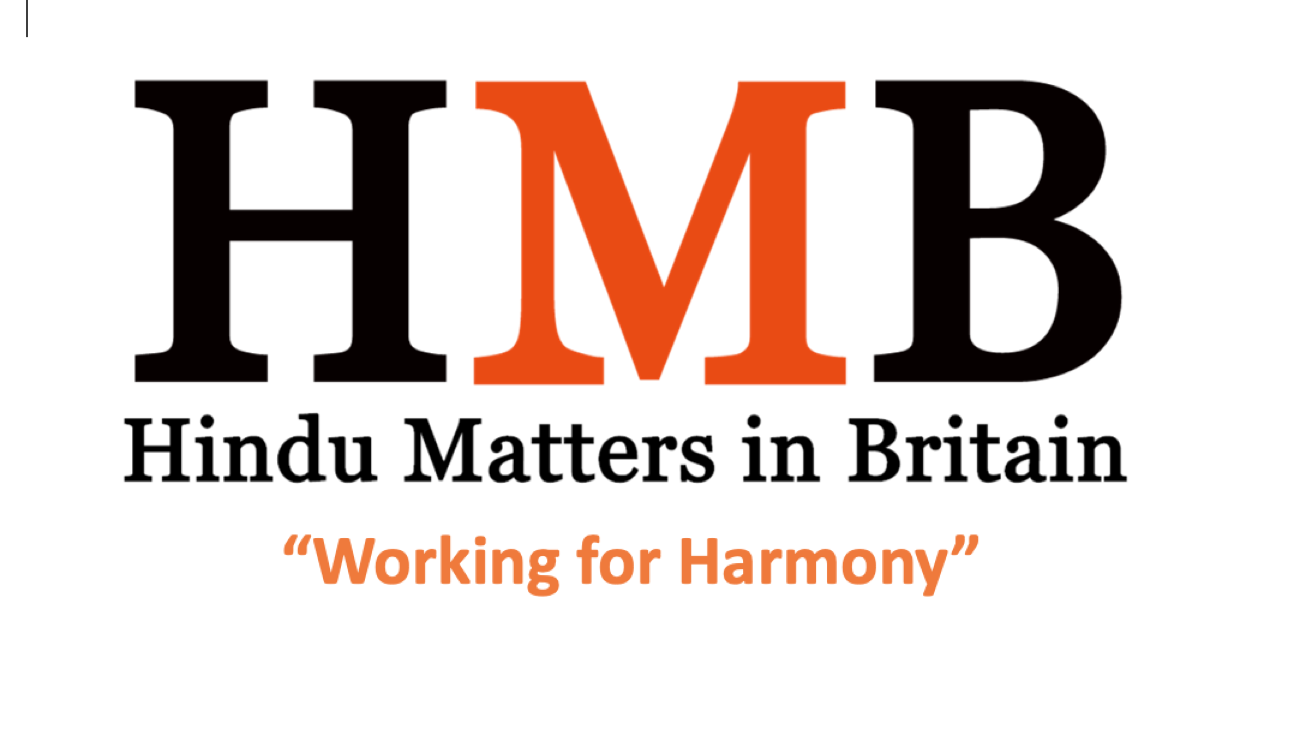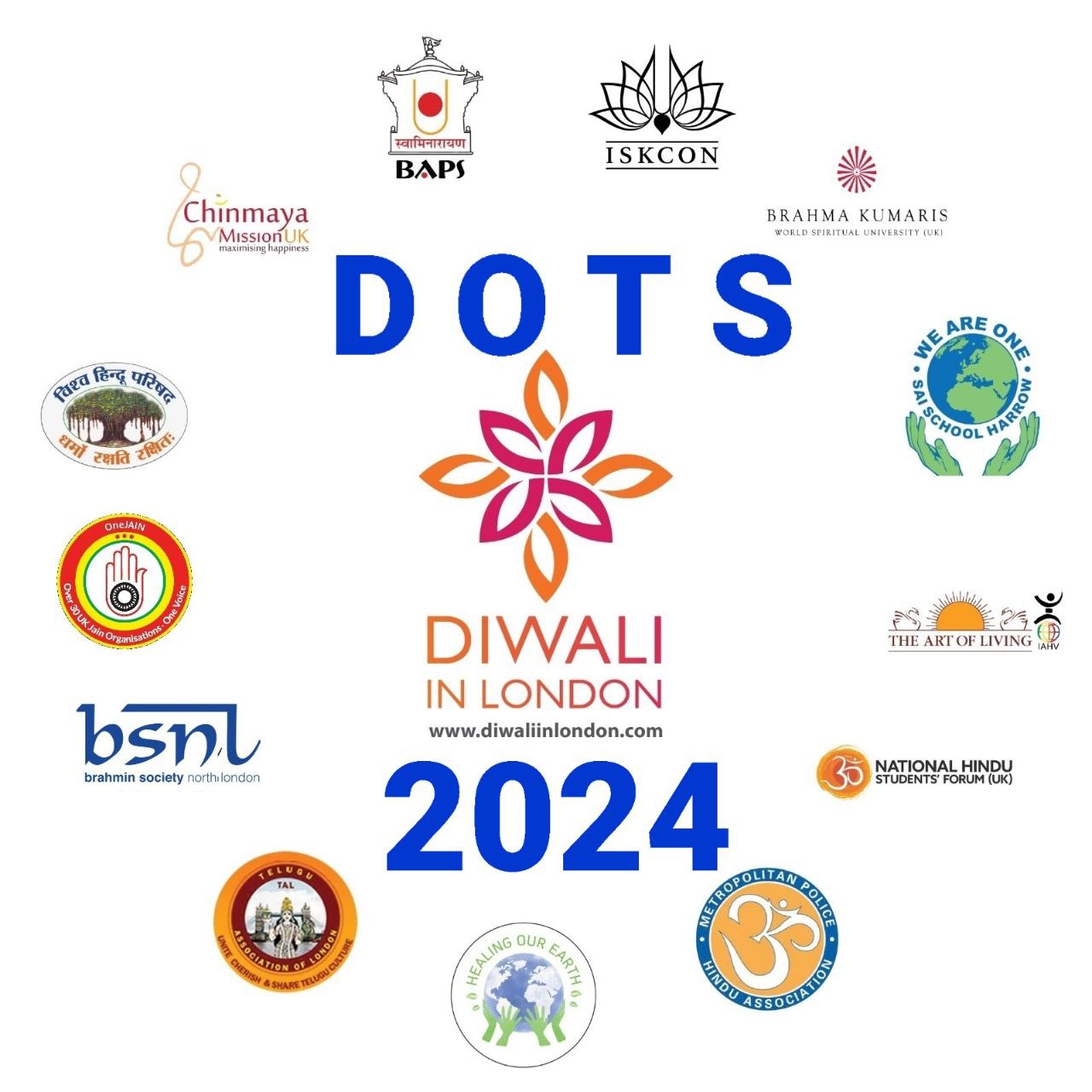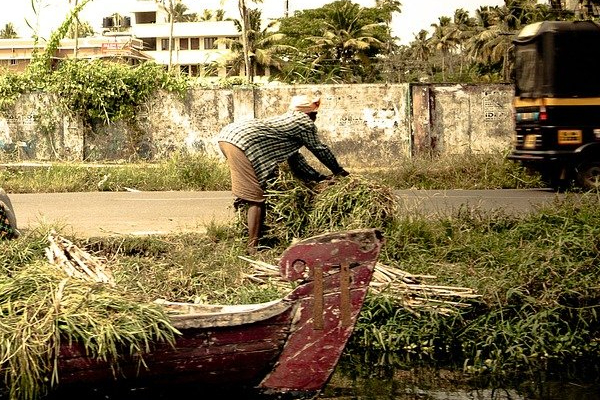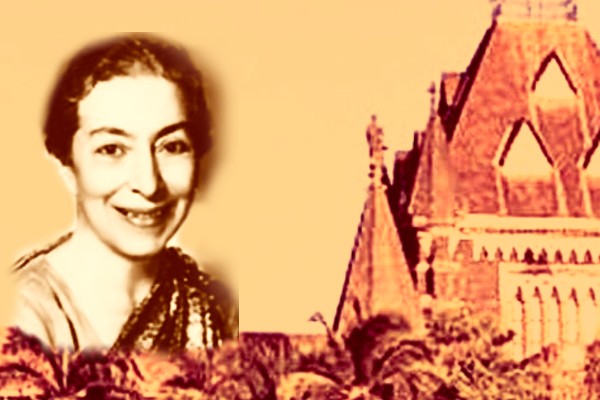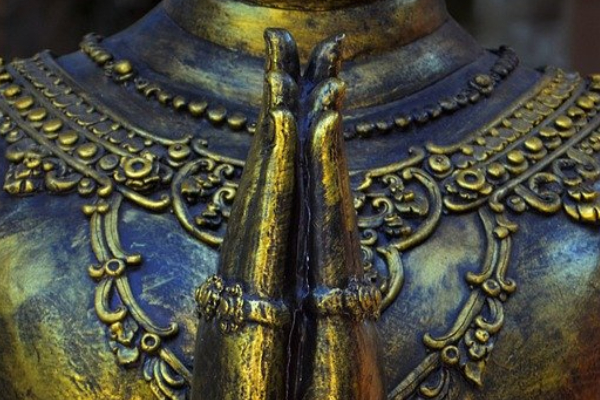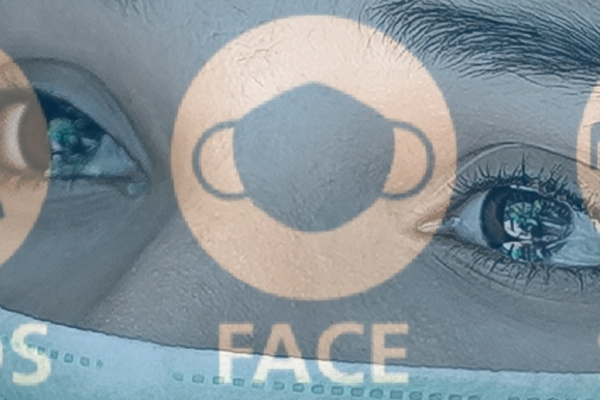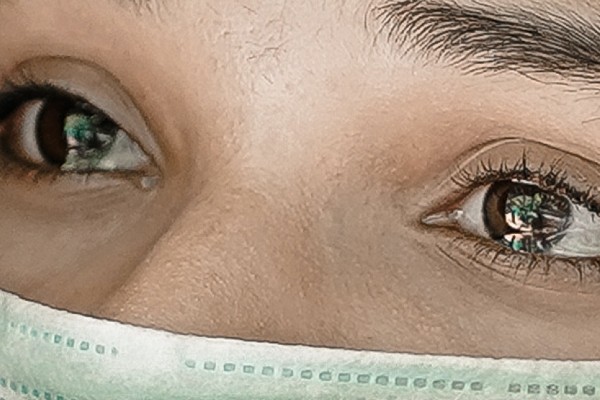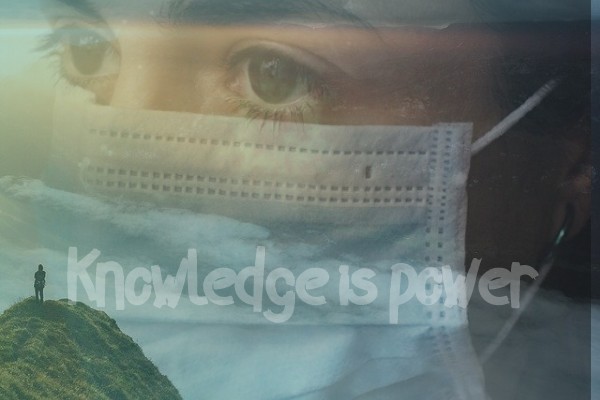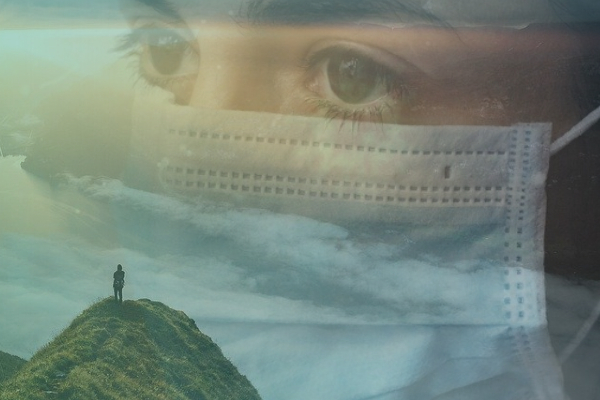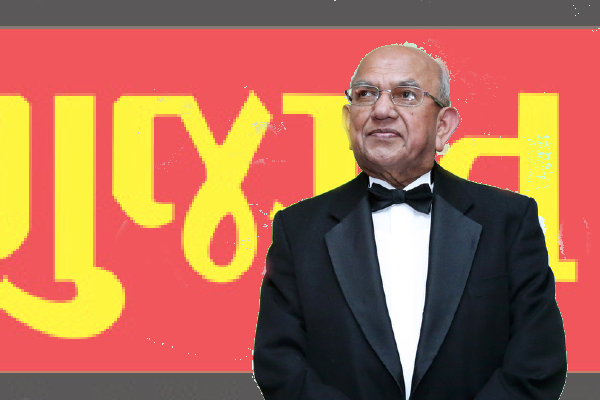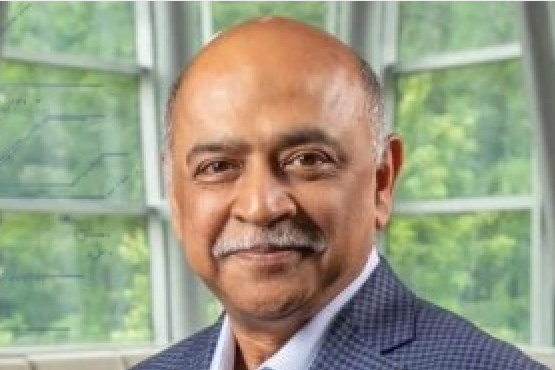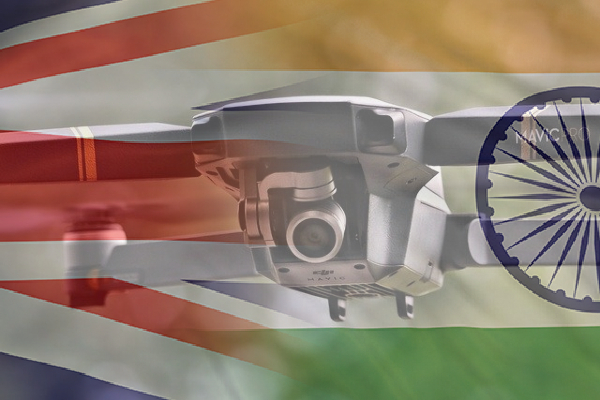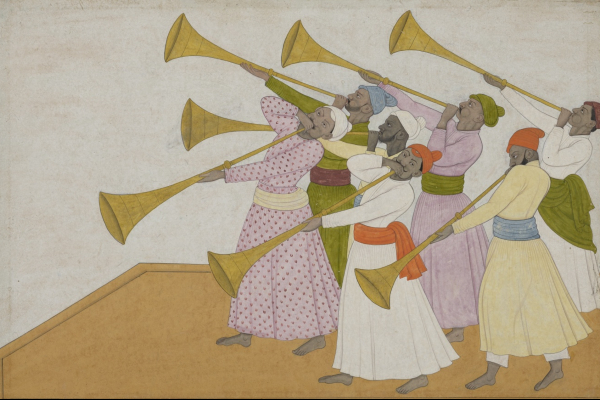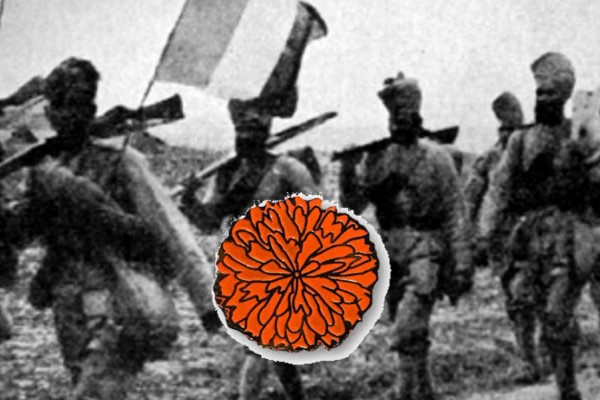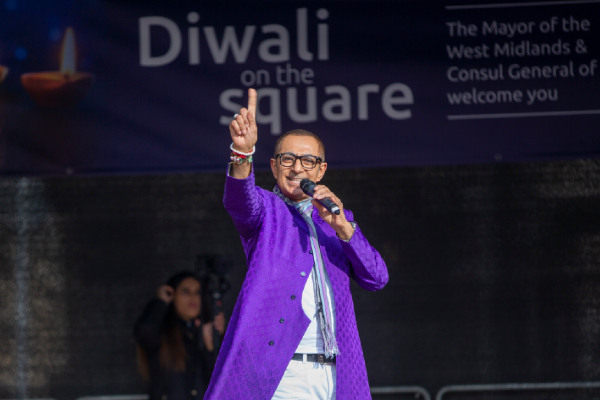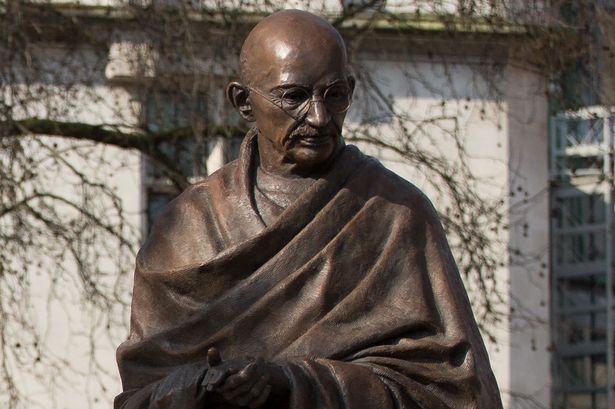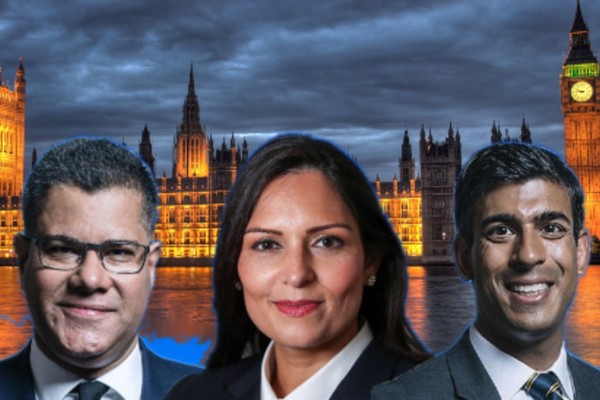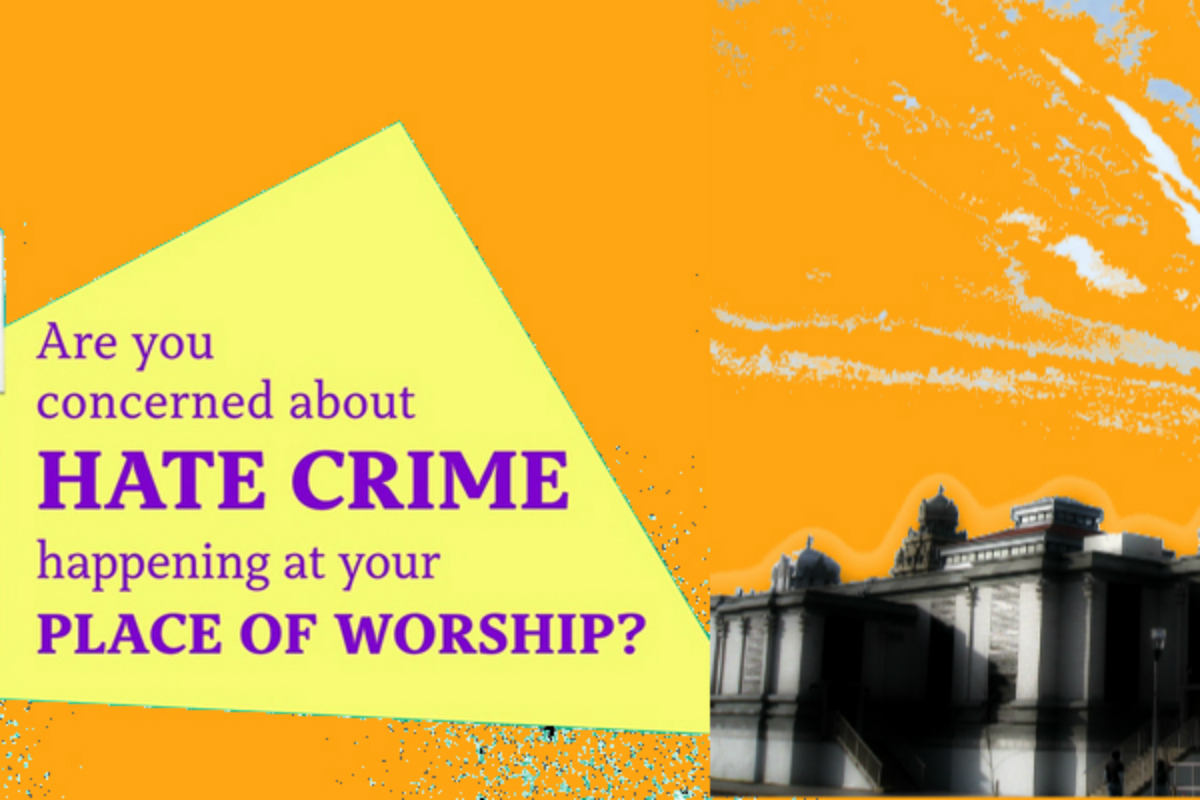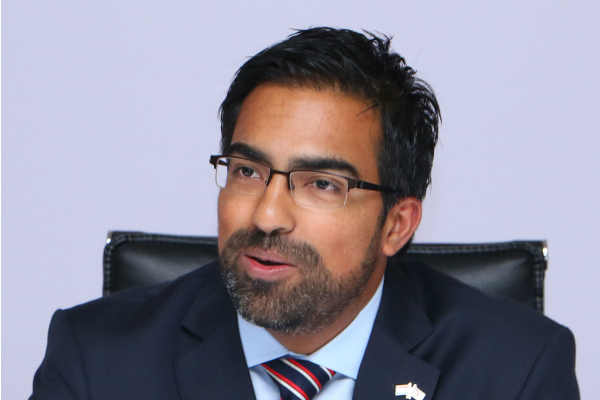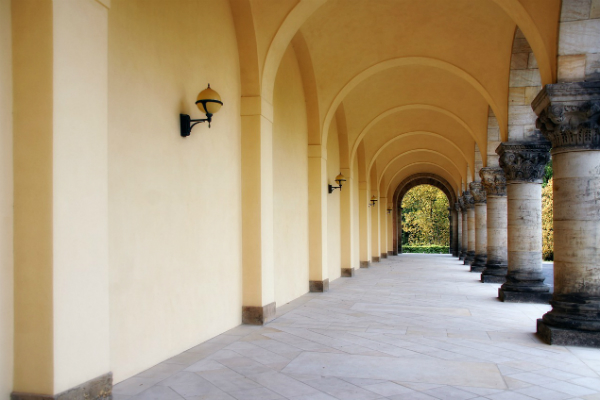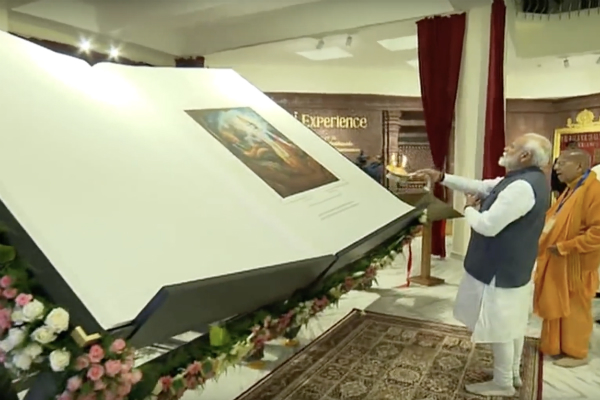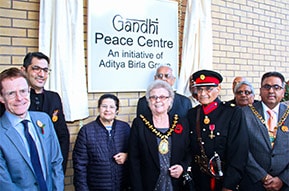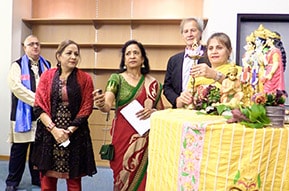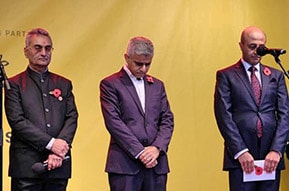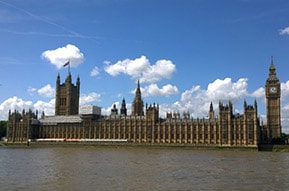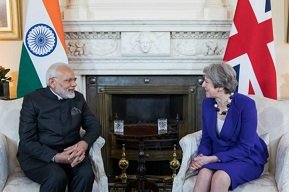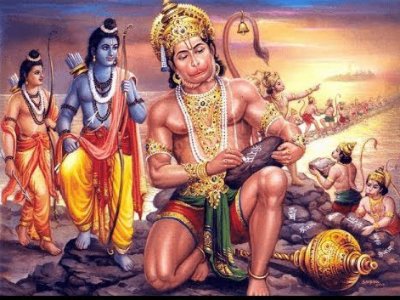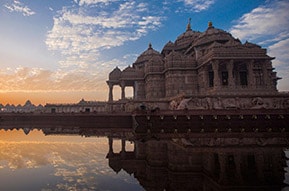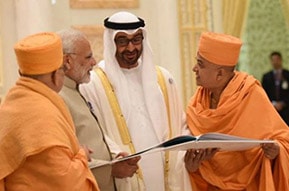Hindu Caste Controversy Update
Lord Harries who instigated the caste discrimination legislation again asked the House of Lords the Government when it intends to implement the amendments to Section 9 of the Equality Act 2010 to incorporate caste as a protected characteristic. The issue has been divisive within the Hindu and other Asian communities.
You can read about it in Hansard which publishes the proceedings of both House of Lords and House of Commons. Below is the abstract from the recent Question raised by Lord Harries.
Caste Discrimination
Question
Asked by Lord Harries of Pentregarth
To ask Her Majesty’s Government when they intend to implement the amendments to Section 9 of the Equality Act 2010 that requires the introduction of secondary legislation to incorporate caste as a protected characteristic.
The Parliamentary Under-Secretary of State, Department for Communities and Local Government (Baroness Williams of Trafford) (Con): My Lords, this Government completely oppose caste discrimination. Since coming into office, we have been considering the caste duty, particularly in the light of the Tirkey v Chandok employment appeal judgment. That suggests an existing legal remedy for claims of caste-associated discrimination under the ethnic origins element of Section 9 of the Equality Act 2010. We note this potential protection.
Lord Harries of Pentregarth (CB): I thank the Minister for her reply and I am glad that she mentioned that case because the Employment Appeal Tribunal, as she rightly said, stated that caste-based discrimination may already be unlawful under existing legislation, but not necessarily so. Is it not therefore essential for the sake of legal clarity that the clear will of Parliament be enacted—namely, that caste-based discrimination be included in the Equality Act?
Baroness Williams of Trafford: My Lords, the Employment Appeal Tribunal judge referred to caste in its many forms potentially coming within Section 9 of the Equality Act. This judgment is binding upon employment tribunals.
Lord Cashman (Lab): My Lords, in 2012, the United Nations Committee on the Elimination of Racial Discrimination in all its forms recommended to the United Kingdom,
“that the Minister responsible in the State party invoke section 9(5)(a) … in order to provide remedies to victims of this form of discrimination. The Committee further requests the State party to inform the Committee of developments on this matter in its next periodic report”.
I have two simple questions. When is the next periodic review and will the Minister comply with these recommendations?
Baroness Williams of Trafford: I can confirm that this Government, elected only a few weeks ago, are actively considering the matter.
Lord Popat (Con): My Lords, the vast majority of the British Hindu and Sikh community are outraged at this amendment to the Equality Act. Does the Minister agree with the Hindu organisations that implementing this amendment would be a blow to community cohesion in this great country and that the Government should legislate to remove it from the statute book?
Baroness Williams of Trafford: I agree with my noble friend that the issue is divisive. There is a strong lobby both for and against, and the Government are very concerned not to exacerbate the problem. Therefore, the present position, whereby protection from caste discrimination is developing naturally through case law, is very helpful.
Lord Avebury (LD): Will the Minister tell us how many representations have been made and by which organisations for the repeal of Section 9(5)(a), as demanded by the noble Lord, and why the Government have not agreed to meet persons or organisations that support Section 9(5)(a), which includes the whole of the Dalit community in this country?
Baroness Williams of Trafford: My Lords, I do not have exact figures and names to hand but I am very happy to write to the noble Lord with them.
Lord Desai (Lab): My Lords, is not the problem that the majority Hindu and Sikh organisations are responsible for discrimination of the minority in their own ethnic origin community? I do not think that one should quietly concede the majority’s view in this respect.
Baroness Williams of Trafford: I agree with the noble Lord that this can be a problem within communities of that nature, and is not generally something that is within the British culture.
Baroness Flather (CB): My Lords, the Hindu community says that there is no caste discrimination in this country and therefore we do not need this subsection. Fine—but if that is the case, why are they fighting so hard against it? If there is no discrimination, then there is no discrimination. If this becomes law—as
it should, and the sooner the better—there will be no prosecutions, nothing will happen and it will die out. But because they are fighting so hard, it leads me to believe that there is discrimination.
Baroness Williams of Trafford: My Lords, cases of this nature are very few and far between. As I said, the Government are actively considering the matter.
Lord Stevenson of Balmacara (Lab): My Lords, the last Government passed a Bill that required the present Government to act, and they have failed to do so. We understand that there is evolving case law, but it does not fully satisfy those who feel that the law must be respected. The Government may be new, but are they really changing the rules so that we will be governed by what they think might be a helpful way forward?
Baroness Williams of Trafford: My Lords, it would not be appropriate for me to speculate on discussions within government. I do not want to comment on or rule out any course of action. As I have said a couple of times now, the Government are considering the present position.
Lord Lester of Herne Hill (LD): My Lords—
Lord Singh of Wimbledon (CB): My Lords—
The Lord Privy Seal (Baroness Stowell of Beeston) (Con): My Lords, it is the turn of the Lib Dem Benches and then we have time to go to the Cross Benches.
Lord Lester of Herne Hill: Will the Minister explain how her replies are compatible with parliamentary supremacy, given that Parliament decided to insert the duty into the statute? Will she also explain how it is compatible with legal certainty, given that the only way one could do it through case law would be by going to the Supreme Court, at a cost of many hundreds of thousands of pounds, when Parliament has decided that it should be done by us by statute?
Baroness Williams of Trafford: My Lords, I repeat once again that the Government will be actively considering this, and will take their view in due course.
Lord Singh of Wimbledon (CB): My Lords, it has been said, I think misleadingly, that Hindu and Sikh organisations are against this legislation outlawing caste discrimination. Can the Minister note that the whole Sikh community and the whole thrust of Sikh teachings are totally against the notion of caste?
Baroness Williams of Trafford: I duly note that.
Baroness Symons of Vernham Dean (Lab): My Lords, will the Minister please write to my noble friend who raised the question of the periodic review and let him, and indeed others who are interested, know when it will take place?
Baroness Williams of Trafford: I am very happy to do that.
Baroness Royall of Blaisdon (Lab): My Lords, the last Government agreed to conduct a feasibility study into if and how it might be possible to estimate the extent of caste-based discrimination in Britain. The research was concluded in November 2014, I understand, but the report has not yet been published. When is the report likely to be published, and why has there been such a delay?
Baroness Williams of Trafford: My Lords, the case law provides potential protection for someone wishing to claim caste discrimination, which is what all sides of this House wanted during earlier debates. We need to consider carefully whether putting the word “caste” into the Act would actually change or clarify the legal position.
